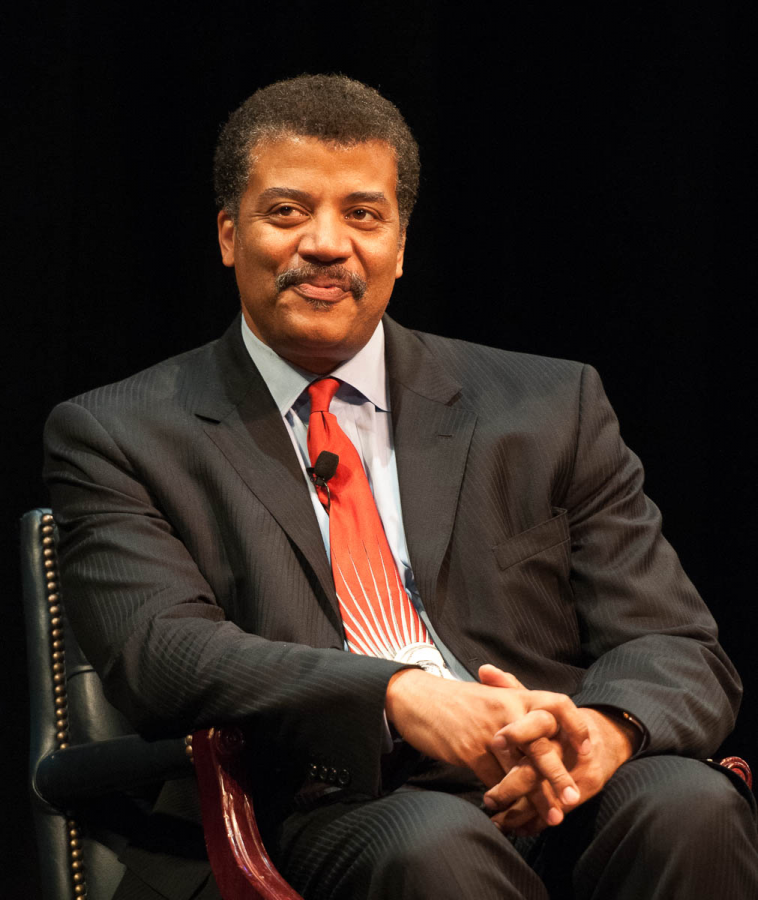Opinion: The Gregorian calendar is significant
September 27, 2019
In a Joe Rogan podcast in 2017, astrophysicist Neil Degrasse Tyson was the guest. Rogan asked Tyson about why he doesn’t call himself an atheist although he does not believe in a higher power. Tyson began to explain that he is not an atheist because he uses scientific achievements by religious groups every day. The example he used was the modern calendar. Tyson continued to explain what the modern calendar was founded on.
The modern calendar used is called the Gregorian calendar. It was created by Jesuit scientists in the Roman Catholic church in the 1580s. This version of the calendar replaced the Julian calendar which was used for hundreds of years. The problem with the Julian calendar is that, although it had the advancement of the leap year, a leap year every four years puts too much time into the year. So the first day of spring is March 21, by the year 1580, the Julian calendar had the first day of spring was on March 10. This was because the year that is truly documented on a calendar is how long it takes for Earth’s seasons to go through their cycle, not how long it takes for Earth to complete a revolution around the sun. Scientists wanted to line this up and have the days be accurate.
The Gregorian calendar is the outcome of this task. The advancement of this calendar is that the Jesuits realized that having just a leap year would add too much time, so they calculated that to fix this, every 100 years a leap year is taken out of the calendar. Shortly after this was put in place, the scientists realized that this actually ended up undercutting time and it was taking time out of the year. To correct this, it was calculated that every 400 years, the leap year that would normally be taken out, due to it being a century mark, would be placed back in. So the year 2000, society thought it was just a regular leap year, but because it was a multiple of 100 and 400, it was an ultra rare leap year where it was supposed to be taken out but was placed back in.
This was the complexity of the calendar in which Tyson spoke about. This was all discovered almost 500 years ago. This discovery was paramount to scientific studies about space and time. This affected the way stars were looked at because it was the first time we were able to look at the stars in an accurate cycle. It helped the agricultural industry because farmers had the ability to accurately plan crop cycles and crop rotation. The Gregorian calendar was an advancement far ahead of its time and it was a successful jumpstart for many more advancements to come. So it turned out that the key to finding our future was finding out the present.










